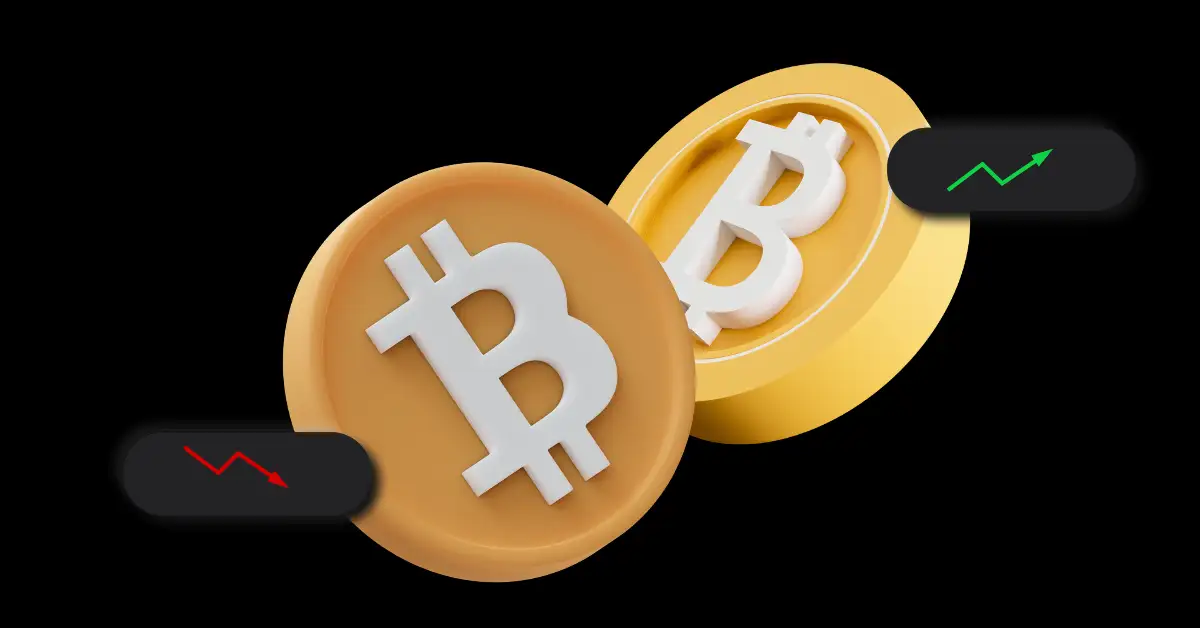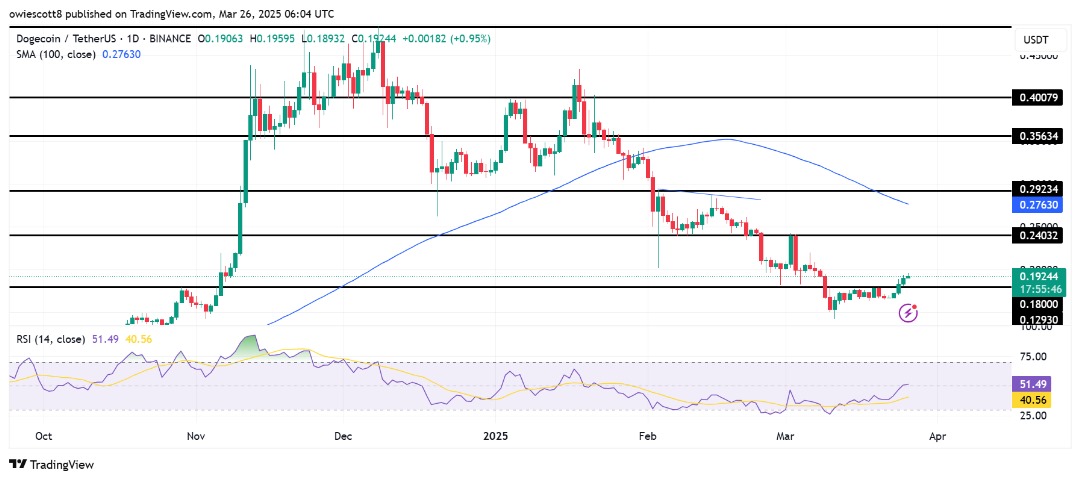MakerDAO Votes to Halt Lending to Tokenized Credit Pool After $2M Loan Default
The embattled Harbor Trade credit pool minted $1.5 million of DAI stablecoin secured with loans to a consumer electronics firm, which defaulted on $2.1 million of debt.

stablecoin issuer MakerDAO’s community has decided to halt lending to a tokenized credit pool on the Centrifuge protocol after accruing $2.1 million of loan defaults.
In a governance that concluded Thursday at 12 p.m. (ET), voters unanimously favored stopping additional lending to the , managed by fintech firm Harbor Trade. Maker is led by a decentralized autonomous organization (), where those who hold tokens can participate in governance decisions.
“While Harbor Trade has verbally committed to cease additional draws and voluntarily wind down the vault, community members have expressed concern about the existing 7 million debt ceiling and the risk of potentially increasing exposure to this vault,” a said.
Maker’s $4.6 billion stablecoin DAI is backed by debt positions overcollateralized by cryptocurrencies, and increasingly, tokenized versions of loans and bonds, to earn a yield.
The Harbor Trade credit pool some $1.5 million of DAI stablecoins from MakerDAO and secured them with loans made to a consumer electronics firm. The borrower firm failed to pay down $2.1 million of debt matured in April.
Harbor Trade is “actively engaged in the workout process” and forecasts “a meaningful or full recovery,” according to , but the could take six months or more.
Edited by James Rubin.
Disclaimer: The content of this article solely reflects the author's opinion and does not represent the platform in any capacity. This article is not intended to serve as a reference for making investment decisions.
You may also like
VIPBitget VIP Weekly Research Insights
The RWA (Real-World Assets) sector has been gaining significant traction in the crypto space, as it tokenizes traditional assets like real estate and bonds to bridge the gap between TradFi and DeFi. This process unlocks trillions of dollars in potential value, while enabling broader access to high-value investments through asset fractionalization, increased liquidity, and lower entry barriers. RWA also diversifies and stabilizes DeFi collateral options, addressing the sector's over-reliance on crypto-native assets and paving the way for large-scale adoption. With regulatory frameworks becoming clearer worldwide, the compliance advantages of RWAs are increasingly evident—drawing in institutional capital. What sets RWA projects apart is their connection to real-world income streams like rent and interest payments, offering more sustainable returns than purely speculative assets. These cash-flow-generating features appeal to investors seeking steady returns. As such, RWA is seen as a crucial step in the evolution of blockchain technology from concept to practicality. Its development potential and practical use cases make it an important sector in the crypto industry today.

Ethereum advances Pectra upgrade after Hoodi testnet success

Economist warns of a recession: Will Bitcoin and altcoins crash or rise?

Dogecoin Proves It’s Not Dead – $0.18 Retest Could Be The Beginning

